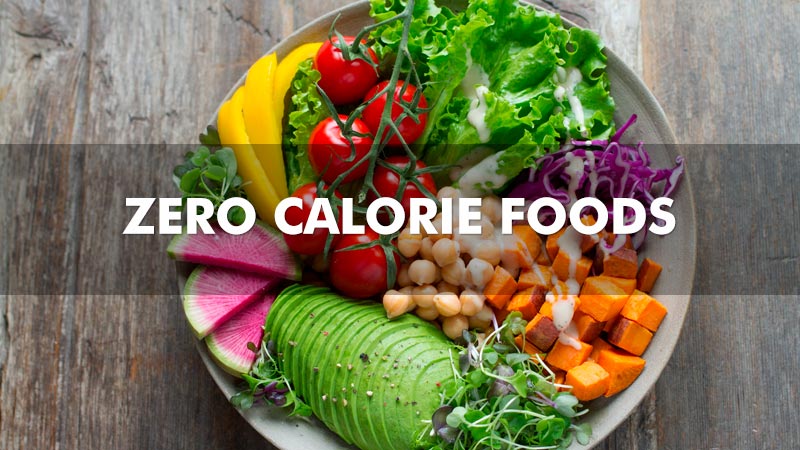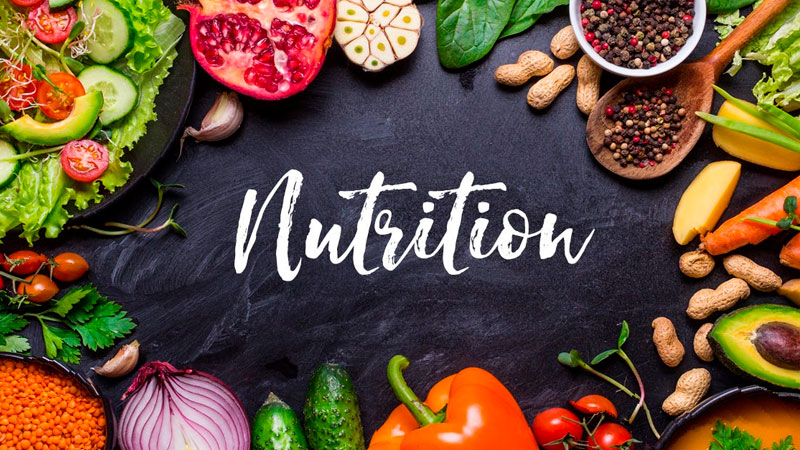Zero calorie foods have become increasingly popular in recent years, as more people are looking for ways to lose weight and maintain a healthy diet.
Table of Contents
Low and zero calorie foods can be paired with calorie and nutrient-rich foods as part of a healthy weight loss plan. These foods are often touted as a way to eat as much as you want without gaining weight, but is this really true? In this article, we will explore the concept of zero calorie foods and whether they are a healthy addition to your diet.
First, it is important to understand what zero calorie foods actually are. These are foods that contain very few calories per serving, typically less than 25 calories. Some examples of zero calorie foods include celery, cucumbers, lettuce, and spinach. While these foods may be low in calories, they still provide important nutrients such as fiber, vitamins, and minerals that are essential for good health.
While zero calorie foods can be a healthy addition to your diet, it is important to remember that they should not be the only foods you eat. Eating a variety of nutrient-dense foods is key to maintaining a healthy diet and achieving your weight loss goals. Additionally, it is important to avoid relying on zero calorie foods as a way to justify overeating or unhealthy food choices.
What Are Zero Calorie Foods?
Zero calorie foods are those that contain very few calories, typically less than 5 calories per serving. These foods are often recommended for people who are trying to lose weight or maintain a healthy diet. However, it is important to understand that not all zero calorie foods are created equal.
Some common zero calorie foods include:
- Celery
- Cucumbers
- Broccoli
- Zucchini
- Tomatoes
- Green beans
These foods are low in calories and high in fiber, making them a great choice for snacking or adding to meals. However, it is important to note that some zero calorie foods may not actually be zero calories. For example, some artificial sweeteners may be labeled as zero calories, but they still contain a small amount of calories.
It is also important to remember that just because a food is labeled as zero calories, it does not mean that it is healthy. Some zero calorie foods may be high in sodium or other unhealthy ingredients. It is always important to read the nutrition label and ingredients list before consuming any food.
Overall, incorporating zero calorie foods into a healthy diet can be a great way to increase fiber intake and promote weight loss. However, it is important to do so in moderation and to choose whole, natural foods whenever possible.
Benefits of Zero Calorie Foods
Zero calorie foods are those that contain very few calories, typically fewer than 25 calories per serving. These foods are often high in fiber, water, and other important nutrients, making them a great addition to any healthy diet. Here are some of the benefits of incorporating more zero calorie foods into your meals:
Helps with Weight Loss
Since zero calorie foods are low in calories, they can help you lose weight by reducing your overall calorie intake. By replacing high-calorie foods with zero calorie alternatives, you can still feel full and satisfied without consuming excess calories. Additionally, many zero calorie foods are high in fiber, which can help you feel fuller for longer periods of time.
Promotes Digestive Health
Many zero calorie foods, such as leafy greens and vegetables, are high in fiber. This fiber can help promote healthy digestion by keeping your digestive tract moving smoothly and preventing constipation. Additionally, some zero calorie foods contain probiotics, which can help maintain a healthy balance of bacteria in your gut.
Provides Essential Nutrients
Despite being low in calories, many zero calorie foods are high in essential nutrients such as vitamins, minerals, and antioxidants. For example, leafy greens are high in vitamin K, while berries are packed with antioxidants. By incorporating more zero calorie foods into your diet, you can ensure that you are getting the nutrients your body needs to stay healthy.
Lowers Risk of Chronic Disease
Eating a diet rich in zero calorie foods has been linked to a decreased risk of chronic diseases such as heart disease, diabetes, and certain types of cancer. This is likely due to the fact that many zero calorie foods are high in antioxidants and other beneficial compounds that can help protect your cells from damage.
Overall, incorporating more zero calorie foods into your diet can have a number of health benefits. By choosing nutrient-dense, low-calorie foods, you can support your overall health and well-being.
Examples of Zero Calorie Foods
Vegetables
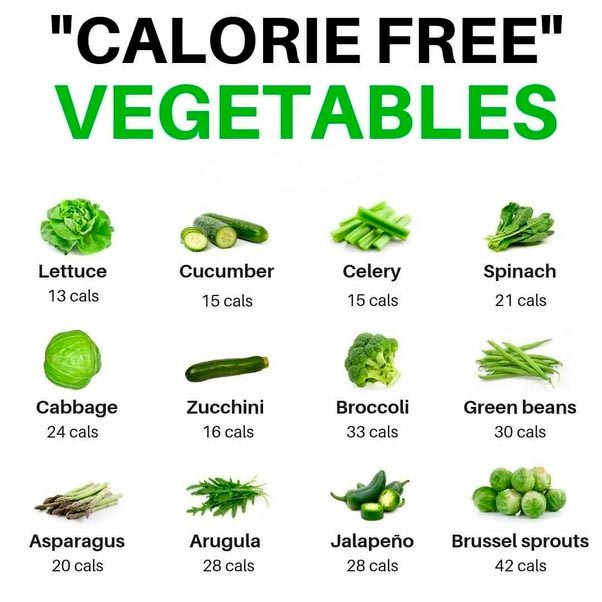
Vegetables are great sources of vitamins, minerals, and fiber. They are also low in calories, making them ideal for those who want to lose weight. Here are some examples of zero calorie vegetables:
- Broccoli
- Carrots
- Celery
- Cucumber
- Lettuce
- Spinach
- Tomatoes
Fruits
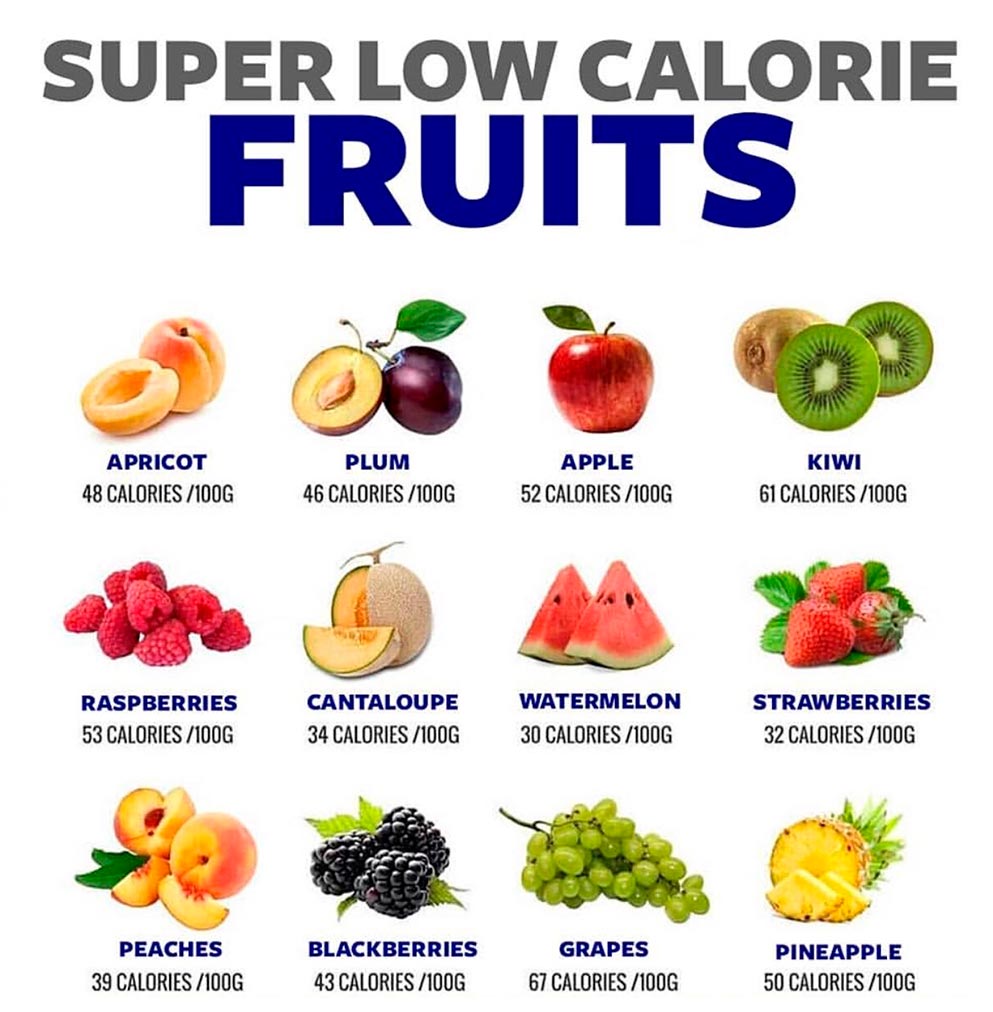
Fruits are also rich in vitamins and minerals, but they contain natural sugars that can increase calorie intake. However, some fruits are low in calories and can be consumed without guilt. Here are some examples of zero calorie fruits:
- Apples
- Grapefruit
- Lemon
- Lime
- Strawberries
- Watermelon
Beverages
Drinking water is the best way to stay hydrated and avoid calorie consumption. However, some beverages are also low in calories and can be consumed as alternatives to water. Here are some examples of zero calorie beverages:
- Black coffee
- Green tea
- Herbal tea
- Sparkling water
Remember that these foods are not meant to replace a balanced diet, but they can be incorporated into a healthy eating plan.
Misconceptions About Zero Calorie Foods
Many people believe that zero calorie foods are the key to weight loss and that they can eat as much of these foods as they want without gaining weight. However, this is not entirely true. Below are some common misconceptions about zero calorie foods:
Misconception 1: Zero calorie foods have no calories at all
While it's true that some zero calorie foods, such as celery and cucumbers, have very few calories, other zero calorie foods, such as sugar substitutes, actually do have some calories. For example, one packet of artificial sweetener can contain up to 4 calories.
Misconception 2: Zero calorie foods can be eaten in unlimited quantities
Even though zero calorie foods are low in calories, it's still important to practice portion control. Eating too much of any food, even if it's low in calories, can still lead to weight gain.
Misconception 3: Zero calorie foods are always healthy
Just because a food is low in calories doesn't mean it's healthy. Some zero calorie foods, such as diet soda and processed snacks, are loaded with artificial ingredients and chemicals that can be harmful to your health in the long run.
Misconception 4: Zero calorie foods can replace a balanced diet
While incorporating zero calorie foods into your diet can be a smart choice, it's important to remember that they cannot replace a balanced diet that includes a variety of nutrients. Eating a wide range of fruits, vegetables, lean proteins, and whole grains is still the best way to maintain a healthy weight and get all the nutrients your body needs.
Overall, zero calorie foods can be a helpful addition to a healthy diet, but it's important to understand their limitations and not rely on them as a sole source of nutrition.
How to Incorporate Zero Calorie Foods in Diet
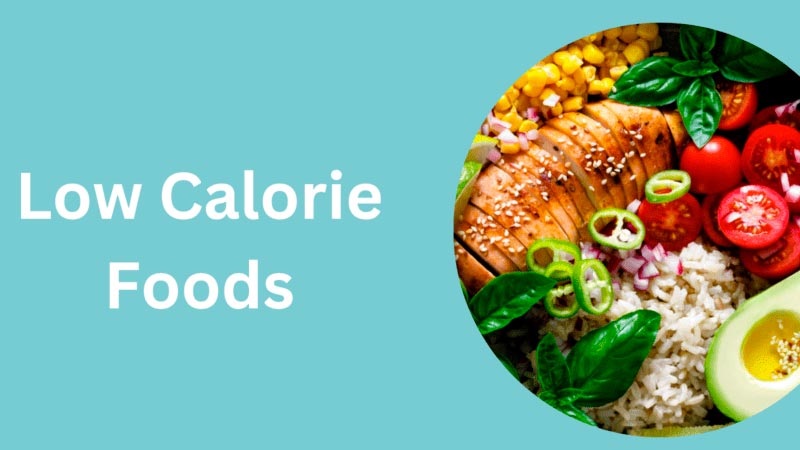
Incorporating zero calorie foods into one's diet can be a great way to reduce overall calorie intake and promote weight loss. Here are a few tips on how to easily incorporate these foods into your daily meals:
1. Use as Snacks
Zero calorie foods such as celery, cucumber, and cherry tomatoes can make great snacks that won't add any unnecessary calories to your diet. Simply chop them up and keep them in the fridge for a quick and healthy snack option.
2. Add to Salads
Adding zero calorie foods like lettuce, spinach, and other leafy greens to your salads can help bulk up the dish without adding any extra calories. Additionally, adding other low-calorie vegetables like bell peppers and carrots can add flavor and nutrition without adding to the calorie count.
3. Swap Out High-Calorie Foods
Replacing high-calorie foods with zero calorie alternatives can be an easy way to reduce overall calorie intake. For example, swapping out regular pasta for zucchini noodles or spaghetti squash can significantly reduce the calorie count of a dish while still providing a satisfying meal.
4. Use as Flavor Enhancers
Zero calorie foods like herbs and spices can add flavor to dishes without adding any extra calories. Experiment with different herbs and spices to find combinations that work well together and add flavor to your meals.
Incorporating zero calorie foods into one's diet can be a great way to reduce overall calorie intake and promote weight loss. By using these tips, anyone can easily incorporate these foods into their daily meals and reap the benefits of a healthier diet.
Potential Risks and Considerations
While zero calorie foods can be a great addition to a healthy diet, there are some potential risks and considerations to keep in mind.
Nutrient Deficiencies
Many zero calorie foods, such as celery and cucumbers, are low in essential nutrients like vitamins and minerals. Relying too heavily on these foods can lead to nutrient deficiencies, especially if they are not balanced with other nutrient-dense foods.
Digestive Issues
Some people may experience digestive issues when consuming large amounts of zero calorie foods. This is because many of these foods contain high amounts of fiber, which can be difficult for some people to digest. It is important to listen to your body and consume these foods in moderation if you experience any digestive discomfort.
Artificial Sweeteners
Some zero calorie foods, such as diet soda and sugar-free gum, may contain artificial sweeteners. While these sweeteners are generally recognized as safe by the FDA, some people may experience negative side effects like headaches or digestive issues when consuming them.
Psychological Effects
Consuming too many zero calorie foods can also have psychological effects. Some people may develop an unhealthy relationship with food, becoming overly obsessed with calorie counting and restriction. It is important to maintain a balanced and healthy approach to eating, and to not rely too heavily on any one type of food, including zero calorie options.
Conclusion
In conclusion, zero calorie foods are a great addition to any diet. They can help individuals lose weight, maintain a healthy weight, and improve their overall health.
However, it is important to remember that zero calorie foods are not a magic solution to weight loss. They should be consumed in moderation as part of a balanced diet.
When incorporating zero calorie foods into a diet, it is important to choose a variety of options to ensure that all necessary nutrients are being consumed. Some great options include leafy greens, berries, and cucumbers. Additionally, individuals should be mindful of how they prepare these foods. Adding high-calorie dressings or cooking them in oil can negate the benefits of choosing zero calorie options.
Overall, zero calorie foods can be a helpful tool in achieving a healthy lifestyle. By incorporating these options into a balanced diet and practicing moderation, individuals can reap the benefits of these nutrient-dense foods.
Eat well, live better!
